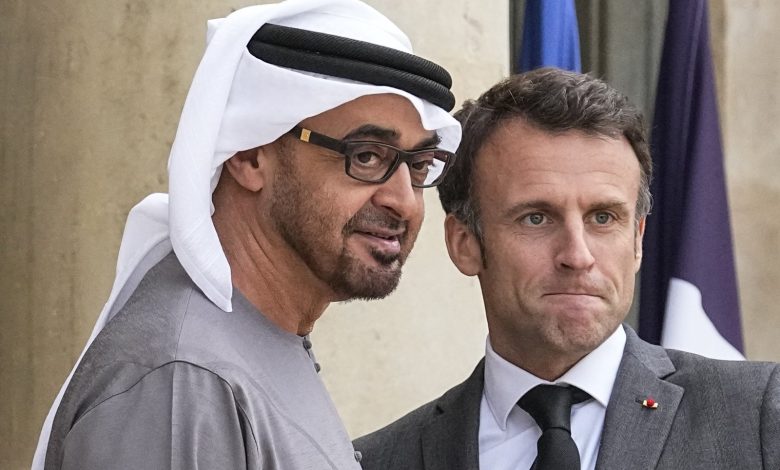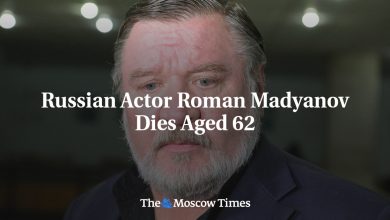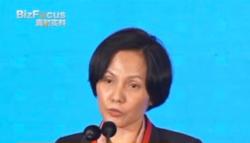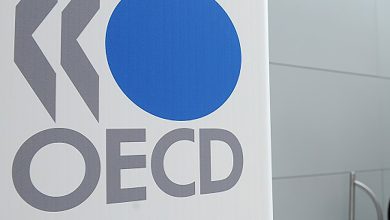Fake video fuels false UAE-France rift, likely Russian in origin

A fake video that spread widely online, falsely claiming tensions between France and the United Arab Emirates following the detention of Telegram CEO Pavel Durov in Paris, likely originated from Russia, according to an analysis by The Associated Press (AP).
This move comes despite Moscow’s ongoing efforts to maintain important relations with the UAE.
The motive behind Russian operatives creating this false video—alleging that the UAE halted a French arms sale—is unclear. This incident appears to be Russia’s first notable attempt to target the UAE with a disinformation campaign.
The UAE remains one of the few countries with direct flights to Moscow, and Russian investment has flowed into Dubai’s booming real estate market since President Vladimir Putin’s full-scale invasion of Ukraine in 2022.
France, however, remains a key supporter of Ukraine and its President Volodymyr Zelenskyy as the war continues.
Meanwhile, Russia likely remains highly interested in Telegram, an app widely used by its military and activists.
The move also comes amid concerns in the United States about interference from Russia, Iran and China in the upcoming U.S. presidential election.
Russia’s Embassy in Washington did not respond to a request for comment.
The fake video began circulating online on Aug. 27, bearing the logos of the Qatar-based satellite news network Al Jazeera and mimicking the channel’s style.
It falsely claimed that the Emirati government had halted a previously announced purchase of 80 Rafale fighter jets from France worth 16 billion euros ($18 billion) at the time, the largest-ever French weapons contract for export.
The video also sought to link Dubai’s ruler and his crown prince son to the decision, given that Durov holds an Emirati passport and has lived in Dubai.
Such a decision was never made. The UAE and France maintain close relations, with the French military operating a naval base in the country.
French warplanes and personnel are also stationed at a major facility outside the Emirati capital, Abu Dhabi.
Al Jazeera told the AP that the footage was “fake and we refute this attribution to the media network.” The network never aired any such claim regarding Durov’s detention, according to an AP check. On the social platform X, a note appended by the company to some posts with the video identified it as “manipulated media.”
The video appeared to exploit lingering suspicion in the Gulf Arab states following the yearslong Qatar diplomatic crisis by falsely attributing it to the news network.
State-funded Al Jazeera has faced criticism from Gulf nations over its coverage of the 2011 Arab Spring, from the U.S. for airing videos from al-Qaida leader Osama bin Laden, and recently in Israel, where authorities shut down its operation over its coverage of the war against Hamas in the Gaza Strip.
The social media account that first spread the video did not respond to AP questions and later deleted its post.
That account was linked to another on the Telegram messaging app that repeatedly shared graphic images of dead Ukrainian soldiers and pro-Russian messages.
Such accounts have proliferated since the war began and bear the hallmark of past Russian disinformation campaigns.
In Ukraine, the Center for Countering Disinformation in Kyiv, a government project focused on countering such Russian campaigns, told the AP that the account engaged in “systematic cross-quoting and reposting of content” associated with Russian state media and its government.
This indicates that the account “is aimed at an international audience for the purpose of informational influence,” the center said. It “probably belongs to the Russian network of subversive information activities abroad.”
Other experts also assessed the video as likely Russian disinformation.
The Emirati government declined to comment. The French Embassy in Abu Dhabi did not respond to AP’s request for comment.
Durov is now free on 5 million euros bail after being questioned by French authorities and preliminarily charged with allegedly allowing Telegram to be used for criminal activity.
He has disputed the charges and promised to increase efforts to combat criminality on the messaging app.
Despite the video being flagged as fake online, captions and versions of the video continue to circulate, showing the challenge of refuting such messages.
Meanwhile, Russian Foreign Minister Sergey Lavrov recently attended a Gulf Cooperation Council meeting in Saudi Arabia with the UAE. Both Saudi Arabia and the UAE have mediated prisoner exchanges amid the war.
Given these close ties, the UAE likely will or has already reached out quietly to Moscow over the video, said Kristian Coates Ulrichsen, a research fellow at Rice University’s Baker Institute who has studied the region extensively.
“It may be that this is part of the Russian playbook to create divisions and sow uncertainty among political and security partners,” Ulrichsen said. “The importance of the UAE to Russia post-2022 makes this unusual, but the campaign may be primarily aimed at France, with any impact on the UAE’s image being a secondary issue for those behind the video.”






